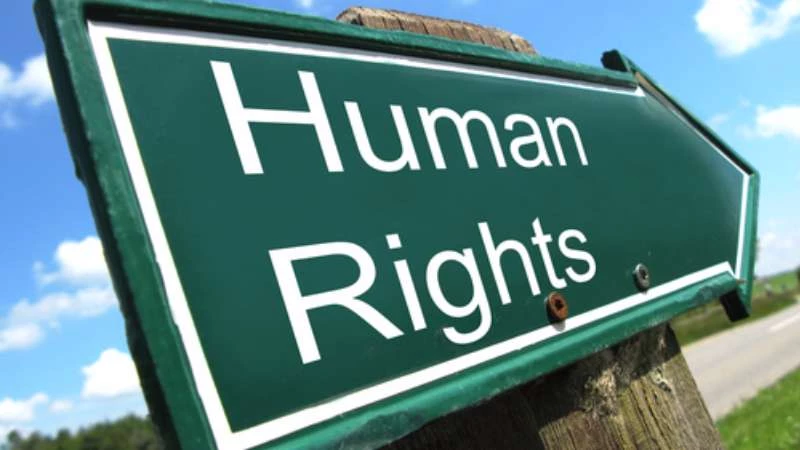Human Rights Watch interviewed 10 former detainees, including two women, who described being sexually abused or witnessing sexual abuse in detention, including rape, penetration with objects, sexual groping, prolonged forced nudity, and electroshock and beatings to genitalia.
Many of the former detainees told Human Rights Watch that they were imprisoned because of their political activism, including for attending protests. In other cases, the reason for the detention was unclear but detainees suffered the same abusive tactics.
“Assad security forces have used sexual violence to humiliate and degrade detainees with complete impunity,” said Middle East director at Human Rights Watch. “The assaults are not limited to detention facilities – government forces and pro-government shabiha militia members have also sexually assaulted women and girls during home raids and residential sweeps.”
Human Rights Watch interviewed eight Syrian victims of sexual violence, including four women, and more than twenty-five other people with a knowledge of sexual abuse – former detainees, defectors from the Assad security forces and the army, first responders and assistance providers, women’s rights activists, and family members.
The full extent of sexual violence in and outside of detention facilities remains unknown, Human Rights Watch said. The stigma in Syria surrounding sexual violence makes victims reluctant to report abuse. Survivors also may face dangers when they make crimes public, and researchers have had limited access to the country to document abuses. In many cases interviewees told Human Rights Watch that victims did not want their families or others in the community to know about the assault because of fear or shame. In one case, a female rape victim who was willing to be interviewed was not permitted by her husband to speak to Human Rights Watch.
Even when they may wish to seek help, Syrian survivors of sexual assault have limited access to medical or psychological treatment and other services in Syria. Survivors who have fled to neighboring countries also face obstacles in seeking treatment, including limited service options and inability to access services that are available because of social taboos surrounding sexual abuse, families restricting their movement, and the fear of being subjected to so-called “honor” crimes.



التعليقات (0)